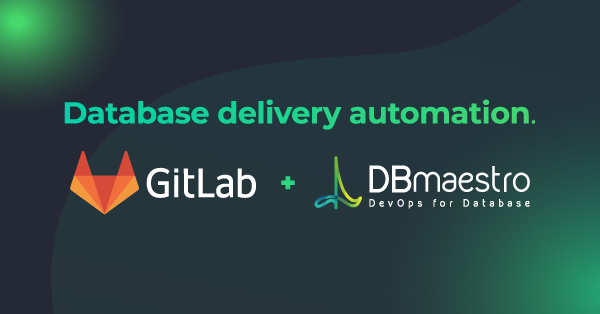
"Most of the time, databases are considered separate entities with their own development cycles. As a result, there is a major disconnect between database development and DevOps. You often see a situation where the application gets updated quickly with bug fixes and new features, yet the databases are lagging behind, slowing down the release process. The Isolation of databases from DevOps created a gap between the application developers and database admins/devs that led to bottlenecks and errors in the development process."
"Developers often have to wait a long time for database modifications, resulting in delays in development. In situations where multiple database changes overlap, the lack of collaboration and communication ultimately leads to errors, crashes, and downtime. To mitigate all these issues and get all your teams to collaborate effectively, you need to include the database as an integral part of your DevOps pipeline."
Databases are often developed separately from application code, creating a disconnect that slows releases and causes bottlenecks. Isolation between database teams and application developers leads to delays when database modifications are required and increases the risk of overlapping changes causing errors, crashes, and downtime. Integrating the database into the DevOps pipeline fosters collaboration, reduces wait times for changes, and prevents conflicts. GitLab provides a single-platform DevOps solution with git repository, CI/CD, reporting, security, and integrations. Extending GitLab pipelines to include DBmaestro enables end-to-end database deployment and governance.
Read at Dbmaestro
Unable to calculate read time
Collection
[
|
...
]